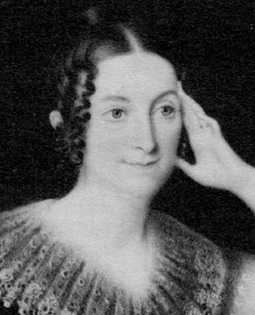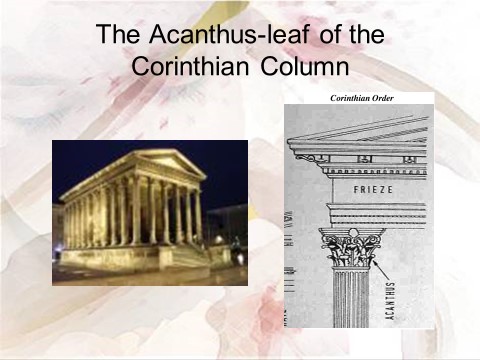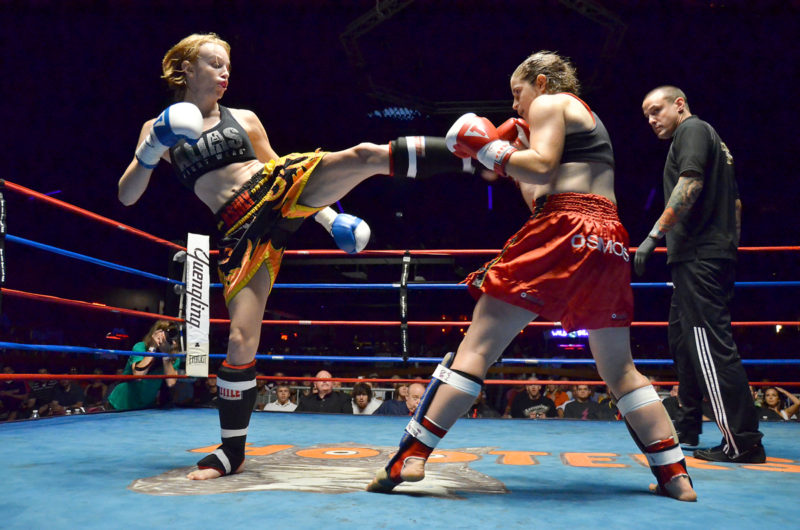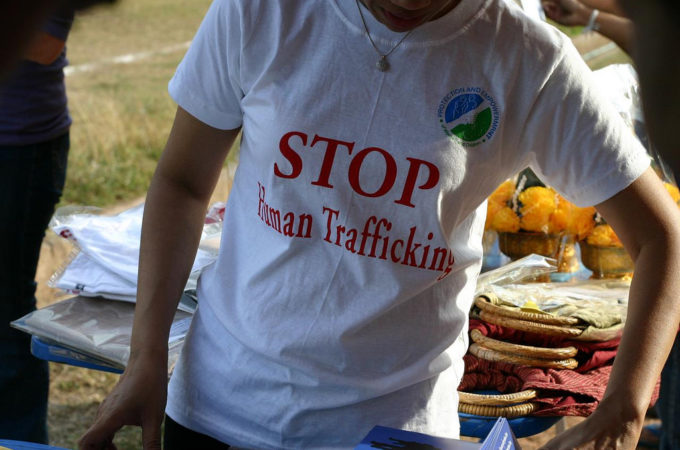I am writing this short series of blogs with a dear friend in mind. Her name is Ana. Ana speaks Portuguese, Spanish, French, Arabic and English. Each language marks a distinct part of her life’s journey. She is one of the most special people in the world. Ana has a broken heart for what she calls the “invisible people,” people most of us never see, maybe because we consciously choose not to see. The invisible people to whom Ana has dedicated her life are the disregarded young women and girls who are trafficked out of North Africa into Europe for sex.
Ana has left the country of her birth to live and work in North Africa and Spain (for over 20 years) to incarnate Christ among these invisible women of North Africa. She understands that these girls and young women are fragile, not because predators treat them as weak and worthless, but because they are human, gloriously female, and priceless.
This post is written for these invisible women, and dedicated to Ana and all those who have a heart for the daughters of Eve who are victims of sex trafficking. As you read this three-part series, please remember the precious women and girls that are trafficked and the men who traffic them. It is into that context that these words of hope are aimed.
Trafficking is the moral equivalent of slavery
All over the world, men see themselves as superior to women. In their sinful nature, they treat women as inferior, often as worthless, as objects to be owned and abused. This is raw sexism and is culturally rooted in the spirit of Baal. Sex trafficking, one of the most heinous abuses of women, is nothing less than the moral equivalent of slavery, one of the greatest evils the world has ever known. (For more on this see my book Nurturing the Nations: Reclaiming the Dignity of Women to Build Healthy Cultures.)
Why do men treat women so abysmally? One of the reasons is that they see their own size and brute strength as giving them a god-like stature. Because women are generally smaller and more delicate in features and possessing virtues of a finer and more enhanced nature—in contrast to the male’s more rugged nature—they are deemed to be inferior to men.
But this idea, so deeply rooted in the male psyche, is the sign of pagan, not godly, character.
 Maternal feminist Lydia Sigourney writes of this in her book Letters to Young Ladies. Speaking of the ancient pagan world of Greco-Roman culture: “The Ancient republics overlooked the value of the sex whose strength is in the heart. Greece … failed in appreciating their excellence … .”
Maternal feminist Lydia Sigourney writes of this in her book Letters to Young Ladies. Speaking of the ancient pagan world of Greco-Roman culture: “The Ancient republics overlooked the value of the sex whose strength is in the heart. Greece … failed in appreciating their excellence … .”
The value of the “weaker sex” is in the strength of her maternal heart, in the virtues of the nurturer, the intuitive reason, the compassion and fierce maternal protection. These are not typical male strengths and thus, in the eyes of a masculine culture, they lack value.
Writing in the prose of a more refined time, Sigourney goes on to give a beautiful and powerful architectural illustration from ancient Greece to describe the importance of women in free societies.
If, in the brief season of youthful charm, she [Greece] was constrained to admire woman as the acanthus-leaf of her own Corinthian capital, she did not discover how, like that very column, she was capable of adding stability to the proud temple of freedom. She would not be convinced that so feeble a hand [emphasis mine] might have aided to consolidate the fabric which philosophy embellished, and luxury overthrew.
 Many societies fail to appreciate the strength of the maternal heart
Many societies fail to appreciate the strength of the maternal heart
In Greek construction, the pillars held the weight of the temple. The Corinthian capital (the top of the pillar that increased the load-bearing surface of the pillar) tied the building together, and the acanthus-leaf was the beautiful decoration on the capital. The Greeks decorated the capital with this laurel wreath of victory to picture the fragile beauty of the woman. They failed to discover that it was the mother’s heart of the woman that provided the integral strength to tie the pillars together so the temple of freedom could stand.
Women were demeaned in Greek society as they are in all sexist cultures. Though regarded as beautiful, they were considered slaves. The Greeks, Romans and all pagan peoples missed the true importance of the woman. The maternal heart of a woman provides the integral strength and delicate beauty of the acanthus-leaf to tie the Corinthian column to the temple roof. It is this maternal heart that supports the temple of freedom and holds the laurel wreath of victory.
Most societies today, whether sexist or modern feminist, miss the critical point that maternal feminists and complementarians understand.
Sigourney ends by saying the weaker sex, the one with the “feeble hand,” is capable of holding all of society together. But the philosophers missed it and the opulence of Greek society toppled it.
And why have they missed this? Like so many societies throughout history, the Greeks found value only in maleness.
Sexist cultures try to force the female into the pattern of the male
Sigourney continues:
Rome, notwithstanding her primeval rudeness, seems more correctly than polished Greece to have estimated the ‘weaker vessel.’ But still, wherever brute force of the warrior is counted godlike, woman is appreciated only as she approximates to sterner natures.
Sigourney was way ahead of her time; we see the exact same dynamic at work today. As societies identify male virtues with godlikeness and fail to recognize female virtues as godlike, women are devalued. The Greeks were sexists and demeaned women. Modern feminism has done the same. It assigns status by the measure of testosterone.  Women demonstrate their worth by mimicking men, say by joining the army or by kick boxing. It is male strength and “sterner nature” that is valued above all else.
Women demonstrate their worth by mimicking men, say by joining the army or by kick boxing. It is male strength and “sterner nature” that is valued above all else.
The “feeble hand” and weaker vessel of the woman is lacking and thus, on masculine ground, inferior. It is only when a woman “approximates the sterner natures” that she is valued. So, in the modern world women contribute to their own demise as valued imago Dei creatures by seeking to mimic men in the marketplace and at war.
In free societies, women have the option to be kick boxers and go to war. But is this wise? That is certainly another question.
This is the nature of sexist culture. Whether in developing countries or Western societies, women are valued only as they approximate males. Even modern feminists put male virtues over female virtues.
For societies to flourish in freedom, they need to recognize and abandon sexist-dominated culture and acknowledge the dignity and value of the feminine maternal heart. Pagan culture that elevates the brute strength of male over the nurturing power of female does not produce free societies. We witness this too often in Muslim cultures, as well as animistic cultures in Africa, Latin America, Asia and parts of the West. Sexist culture reduces women to objects in order to sell everything from cars to sex. Such culture treats women as servants and slaves, property to exploit in the supply and demand of sex trafficking.
- Darrow Miller
… to be continued






